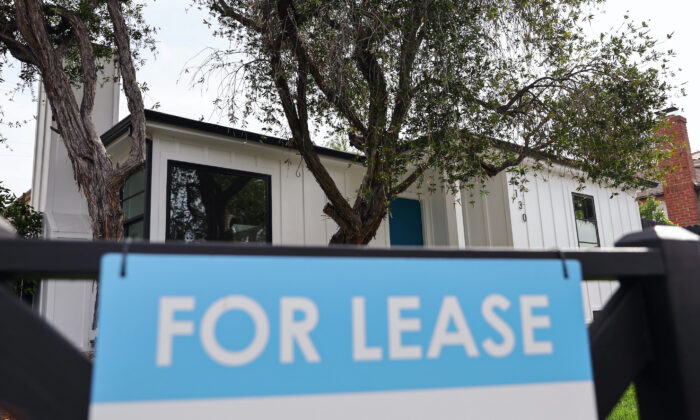Commentary
A friend’s daughter noticed an unusual occurrence in her residential rental contract: it was cheaper per month to sign a lease for 7 months rather than 12 months. This goes against common intuition, as typically a longer commitment would suggest lower rent per pay period. This anomaly could be due to various factors such as the property owner or mortgage holder anticipating higher future costs, including repair bills, insurance rates, or utility expenses. Another possibility is that the owner foresees higher demand for the units in the future, leading to higher prices.
However, there is a concerning explanation for this anomaly. The presidential ticket of Harris/Walz has expressed support for nationwide price controls, which could impact residential rental units. This policy proposal may be prompting rental companies to increase rents now in anticipation of potential rent controls in the future.
The rental market is already complex, with strict approval processes in place to ensure high-quality renters. The discussion of nationwide rent control is alarming, as such measures have not been implemented in the country’s history. Rent increases could pose a crisis in the coming months, especially in light of significant rent hikes during the current inflationary cycle.
Rent controls can lead to neglect of property maintenance and amenities, as profitability becomes more challenging under such regulations. The potential consequences of rent controls on repairs, amenities, and overall property upkeep could be detrimental in the long run.
Despite certain exemptions for small landlords and first-time renters in proposed rent control policies, the overall impact on residential structures and rental market dynamics could be significant. It is essential to consider the failures of past price control measures and the importance of addressing underlying economic issues rather than resorting to quick fixes.
History has shown that implementing price controls can lead to economic chaos and shortages. Therefore, it is crucial to approach rent control policies with caution and consider the long-term implications on the rental market and property maintenance.
The repeal of certain regulations occurred before they could be tested in court, leading to a significant increase in prices during the first wave of inflation following the end of the gold standard. This inflationary trend persisted for a decade.
There is a concern that the mere discussion of repeating this mistake, particularly by the current frontrunners in the national polls, could prompt markets to raise prices preemptively. This preemptive action could create a justification for price controls post-inauguration, compounding the initial error.
Please note that the opinions presented in this article are those of the author and do not necessarily align with those of The Epoch Times.
Source link






